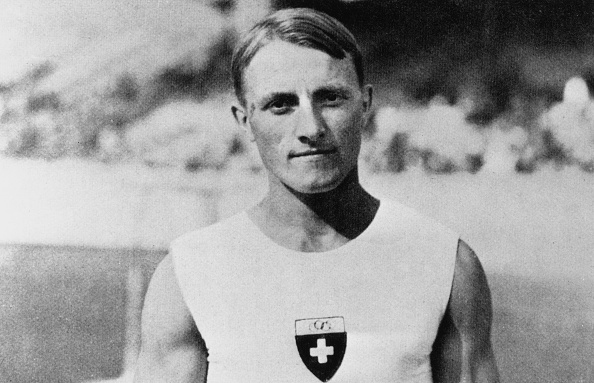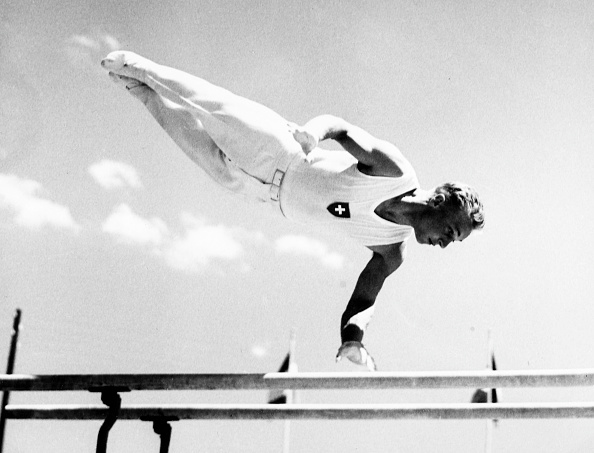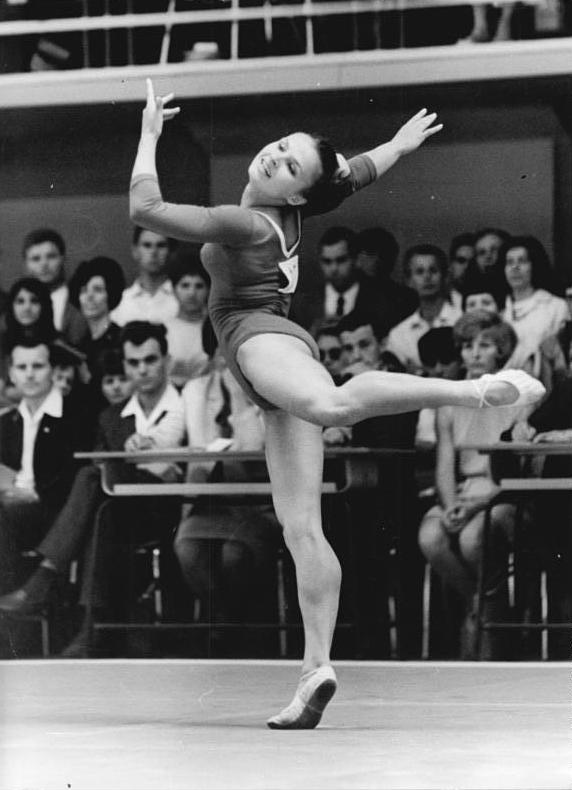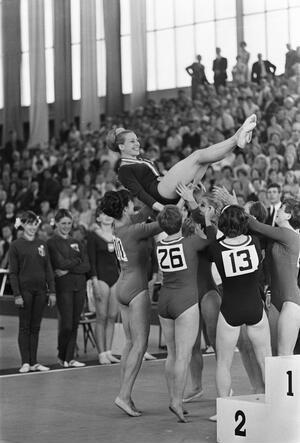The men’s competition at the 1928 Olympics was a close battle between Czechoslovakia and Switzerland. It came down to the very last event, vault, on which Czechoslovak gymnast Šupčík fell and on which Swiss gymnast Eugen Mack received a perfect score for his compulsory routine.
Modern gymnastics fans might be surprised to know that one of the countries performed to music. During its ensemble floor routine, Yugoslavia told the history of its nation through music and movement. (Technically, it wasn’t Yugoslavia at the time but rather the Kingdom of Serbs, Croats, and Slovenes or SHS for short.)
Of course, there was a fair share of judging drama. It’s gymnastics.
Unfortunately, there were some organizational problems, too. Due to a mathematical error, the wrong person received the bronze medal on rings.



